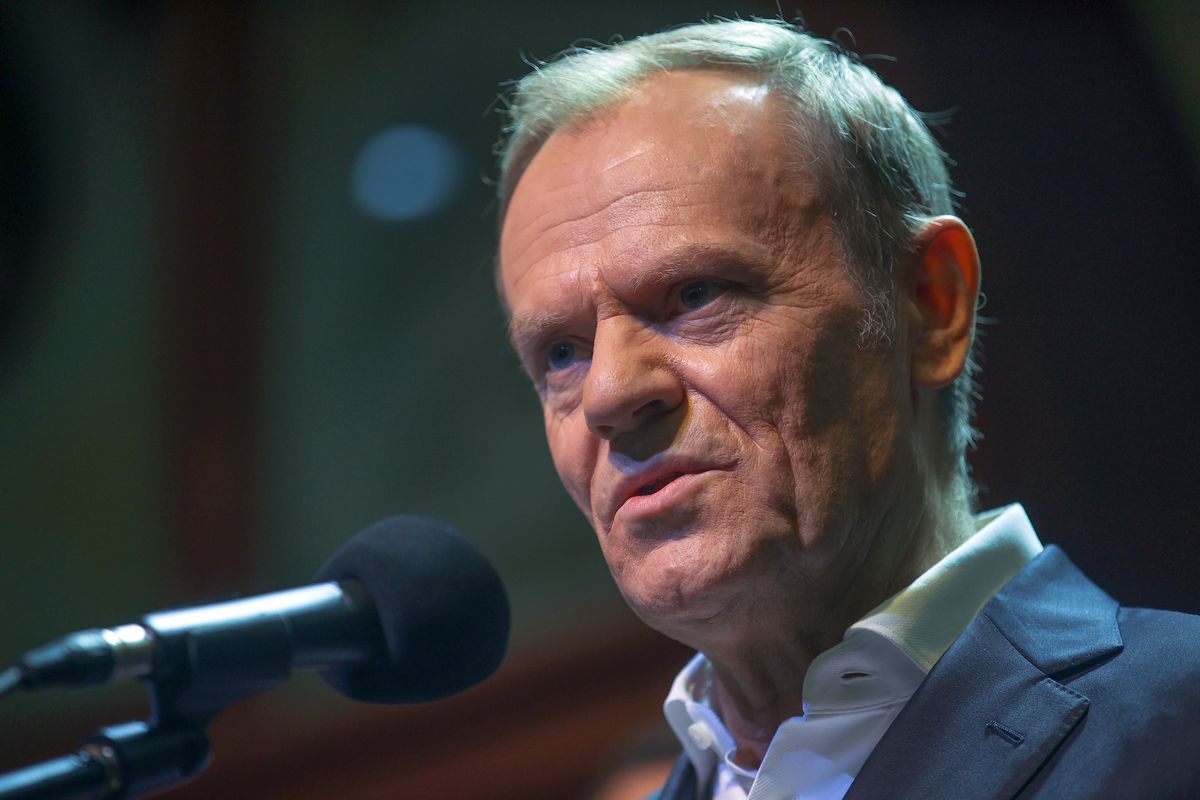What ignited the current fight? The imprisonment of two members of Kaczyński’s Law and Justice party – which governed for eight years before losing in the autumn election – following their convictions on corruption charges. The political stakes then climbed higher when Poland’s president (and Kaczyński ally), Andrzej Duda, sided with the jailed lawmakers and referred to them as “political prisoners.”
Poland could find itself in a constitutional crisis because the very courts Tusk wants to purge of Kaczyński’s political cronies are ruling against him. They are blocking his attempts to free the country’s political institutions from Kaczyński’s strong arm. It’s not clear how the impasse can be resolved.
Adding to the mess, the EU has pledged to unfreeze funds that Poland badly needs only after Tusk has managed to depoliticize Poland’s courts and state media, but President Duda has the power to veto many of Tusk’s plans, creating a stalemate that undermines Tusk’s popularity.
That’s why this ugly political wrestling match will likely continue at least until 2025, when Duda finishes his final term as president.






